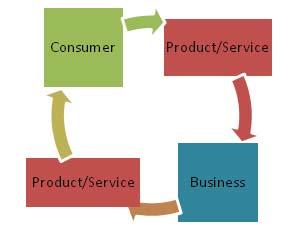Introduction
In the modern business landscape, where companies operate on a global scale, supply chain management has become a critical factor in achieving operational excellence and meeting customer demands. Global Supply Chain Management (GSCM) is a strategic approach that involves the seamless coordination of resources, processes, and information across borders. This article explores the significance of GSCM, its key components, challenges, and the strategies that businesses employ to optimize their global supply chains.
The Significance of Global Supply Chain Management
- Globalization and Market Expansion: GSCM enables businesses to tap into new markets, source materials globally, and deliver products to a diverse customer base efficiently.
- Operational Efficiency: An optimized supply chain ensures reduced lead times, minimized wastage, and streamlined processes, leading to cost savings and improved profitability.
- Risk Mitigation: Diversifying suppliers, utilizing alternate routes, and having contingency plans in place help mitigate risks caused by disruptions such as


